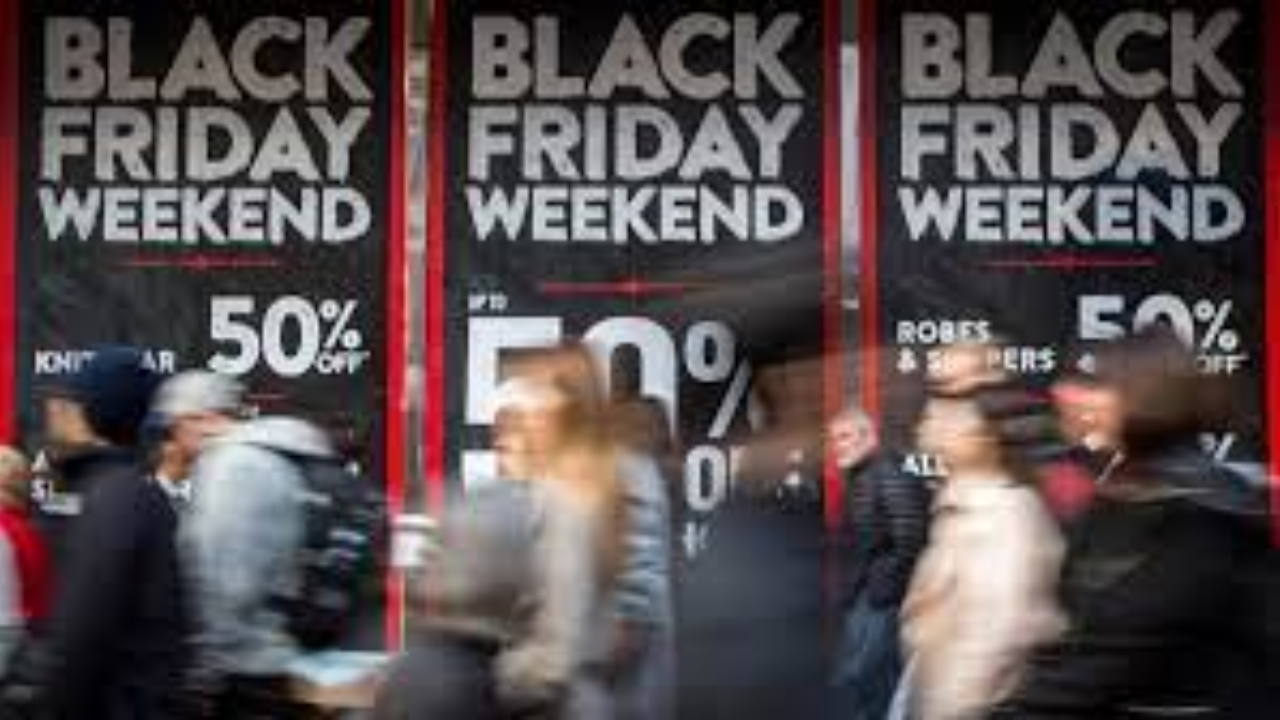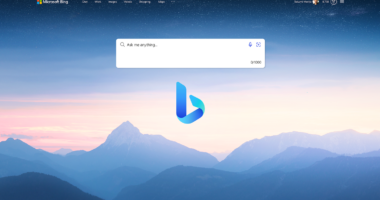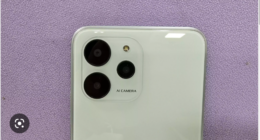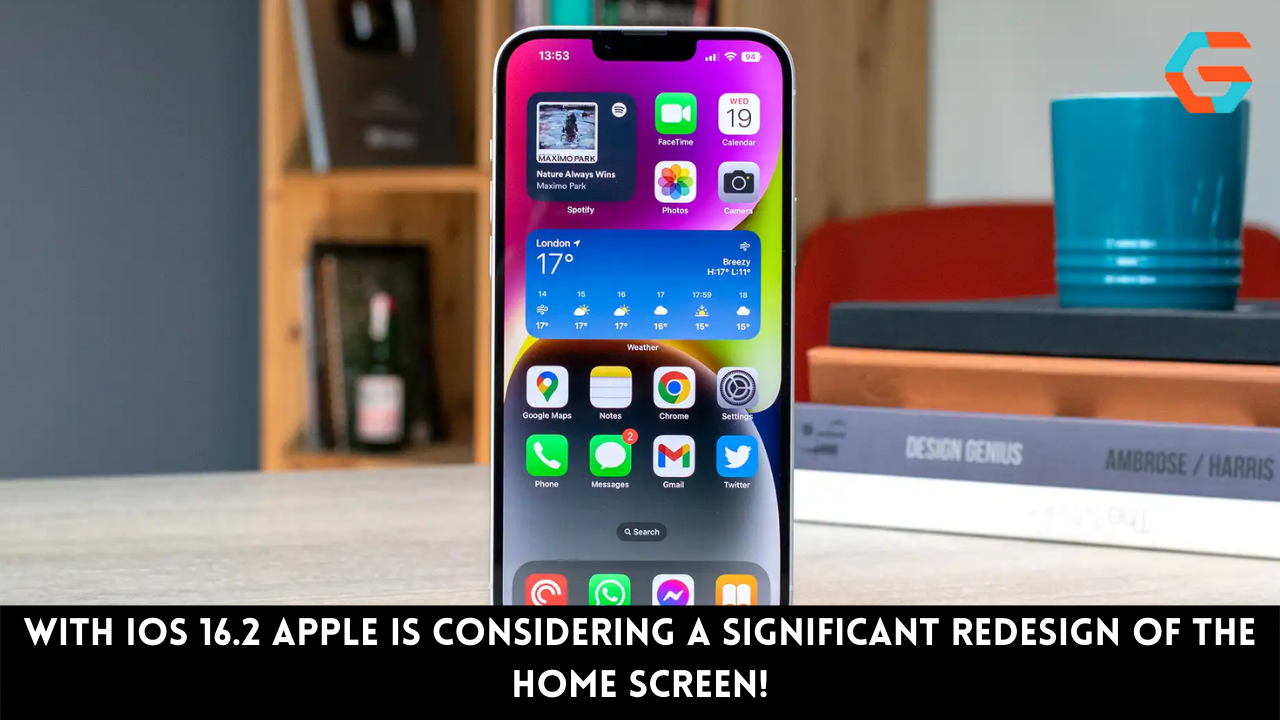If you like to shop a lot, the thrill of getting good deals on Black Friday may be a nice way to forget about everything else going on in the world. But do you really know why it’s called “Black Friday”? You may already know the good story about how Black Friday got started.
It kind of goes like this: For years, shoppers high on tryptophan would flood local shops and malls the day after Thanksgiving. This rush of spending was enough to put shops “in the black” for the year. So, the Friday after Thanksgiving was called “Black Friday,”
and it became the unofficial start of the holiday shopping season. But the phrase wasn’t always used in that way. Black Friday used to have a much darker meaning before the retail industry changed it. Here’s why the day after Thanksgiving is called “Black Friday.”
How Black Friday Got Its Name
When “black” comes before a day, it usually means that it was a pretty bad day (hello, Black Monday). Black Friday had the same feeling. Black Friday was first used in 1869. At that time, it had nothing to do with Christmas shopping. It was the day that falling gold prices led to a market crash that lasted for years and hurt the U.S. economy.

People say that the first time Black Friday as we know it was mentioned was in the 1950s or 1960s in Philadelphia. Traffic police, who didn’t like the day, came up with the name. David Zyla, a stylist who won an Emmy and wrote the book “How to Win at Shopping,” said that the Philadelphia Police Department used the term to describe the traffic jams and crowded stores in downtown Philadelphia.
He said that one of the first written uses of the term was in an ad in a 1966 issue of The American Philatelist, a magazine for stamp collectors. A thread on The Linguist List, an online forum run by the Indiana University Department of Linguistics, has a copy of an old part of this ad:
“The Friday after Thanksgiving has been called “Black Friday” by the Philadelphia Police Department. It’s not a friendly way to call them. “Black Friday” is the official start of the Christmas shopping season in the city center. There are usually huge traffic jams and overcrowded sidewalks, and stores are packed from opening to closing”
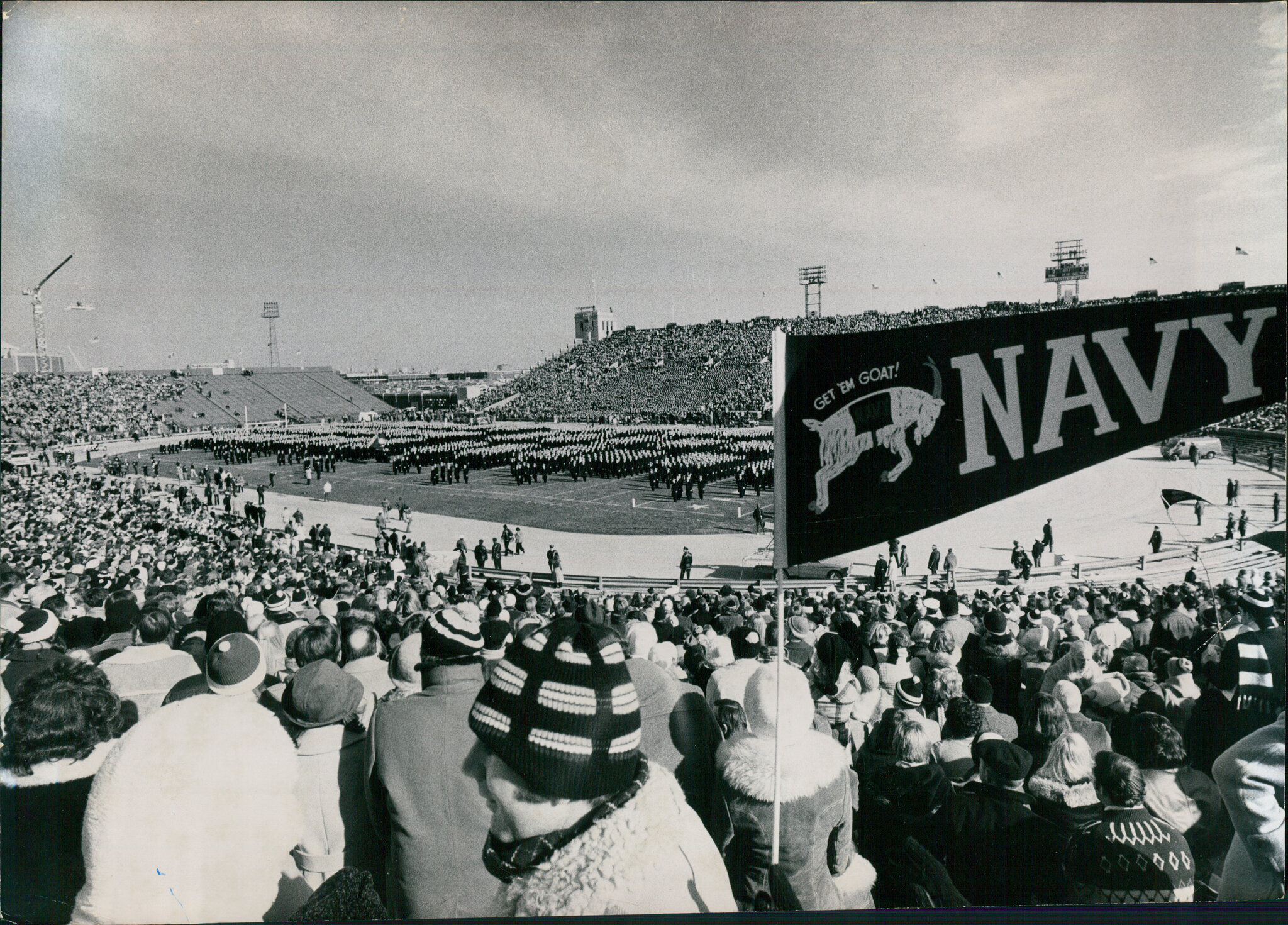
Read More: All 8 Ominous Yellow Stakes To Open The Pokemon Scarlet and Violet Icerend Shrine!
More evidence suggests that this not-so-nice word came from the police in Philadelphia. In a 1994 Philadelphia Inquirer article called “This Friday Was Black with Traffic,” the late Joseph P. Barrett, who had been a police reporter and feature writer for the Philadelphia Bulletin for many years, talked about how he helped start the tradition of Black Friday:
“In 1959, the old Evening Bulletin put me in charge of managing the police from City Hall. Nathan Kleger was a police reporter for the Bulletin. He wrote about Center City. In the early 1960s, Kleger and I wrote a Thanksgiving story for the front page. To describe the terrible traffic, we used the police term “Black Friday.”
But this day was bad for more than just the local police. “The number of salespeople to customers added to the chaos,” Zyla said. “At the time, it was common for salespeople to call in sick on this day so they could stay home longer for Thanksgiving.”
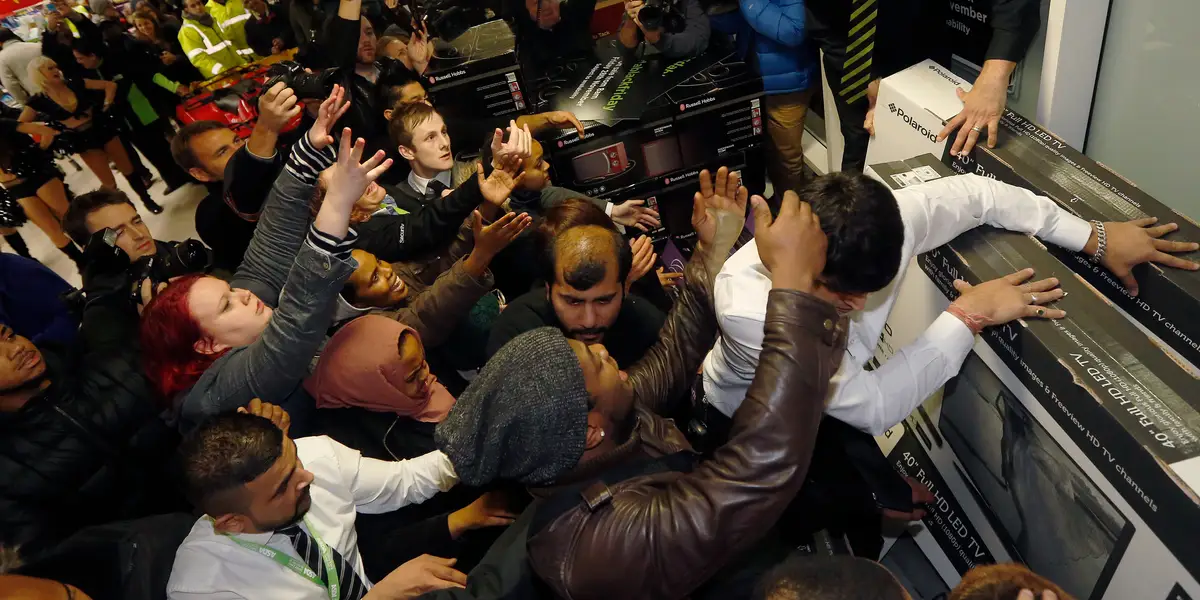
In fact, in another archived clip from an article called “Tips to Good Human Relations for Factory Executives,” which was published in a 1951 issue of Factory Management and Maintenance, the author talks about how many people were absent the Friday after Thanksgiving:
“Friday-after-Thanksgiving-itis” is a disease with effects that are second only to the plague. At least, that’s how people who have to get things made feel when “Black Friday” rolls around. Even though the store is only half full, everyone who isn’t there is sick and can prove it. It’s not clear if “Black Friday” was a common term as early as 1951 or if the article’s author was just trying to be clever, but one thing is for sure: not many people liked that day.
Read More: 5 Best Websites Like Zebit “Buy Now Pay Later”!
A Pig With Lipstick
Not surprisingly, retailers didn’t like that “Black Friday” was used to describe one of the days when they made the most money. So they made it sound better. “Black Friday is just one of many days that have changed over time,” said Zyla. Public relations experts tried to change the way people thought about Black Friday as early as 1961.
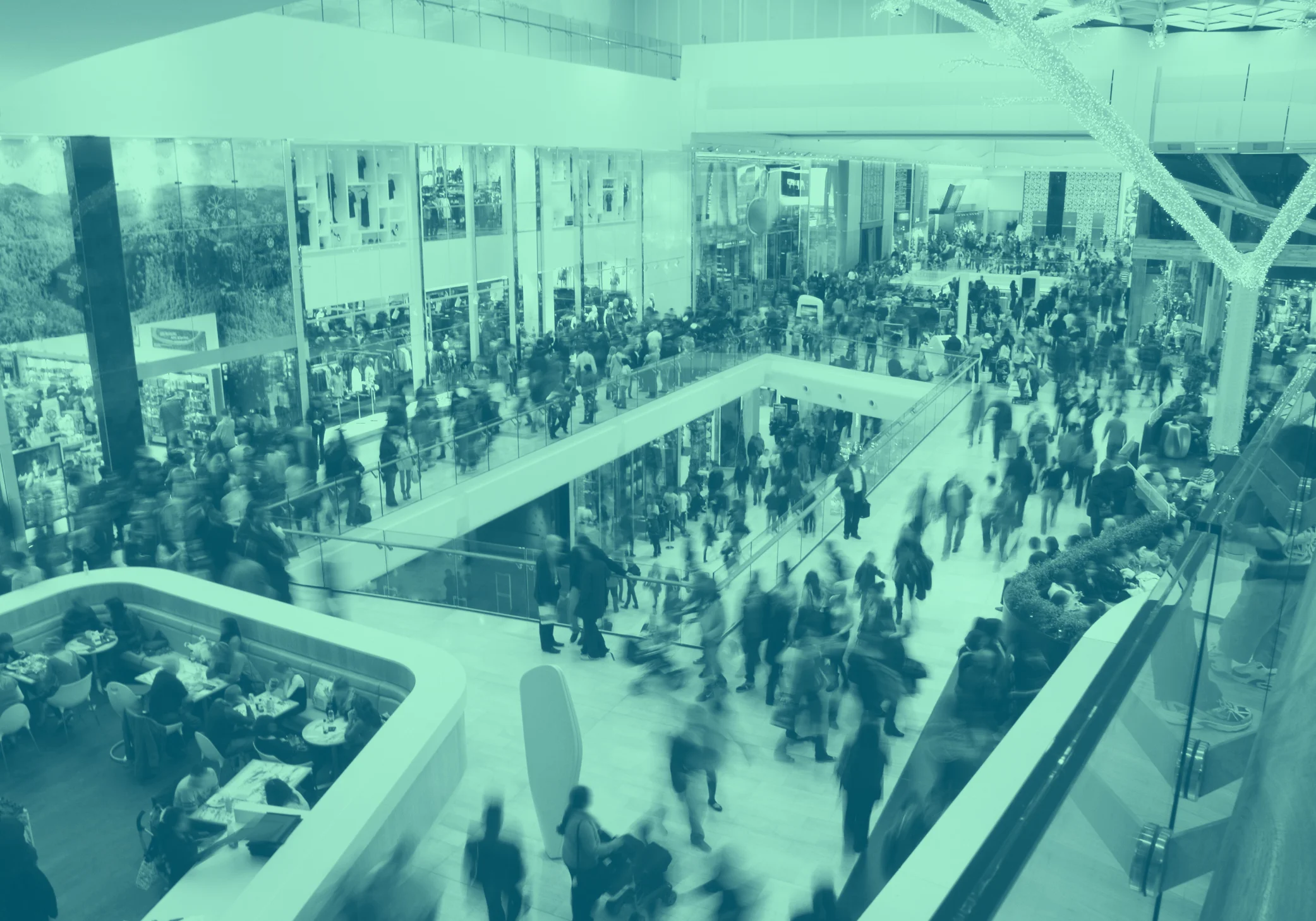
In an issue of the industry newsletter Public Relations News, the author talked about how a well-known PR executive tried to change the name of the day from “Black” to “Big” so that it would be known as a day for family fun and shopping:
The merchants talked about the problem with their Deputy City Representative, Abe S. Rosen, who is one of the most experienced municipal PR executives in the country. This was not a good thing for business. He suggested that a positive approach be taken that would turn “Black Friday” and “Black Saturday” into “Big Friday” and “Big Saturday.”
The media worked together to spread the word about how beautiful downtown Philadelphia looked all decked out for Christmas, how popular a “family day outing” to the department stores was during the Thanksgiving weekend, how there were more places to park, and how more police officers were used to keep traffic moving smoothly.
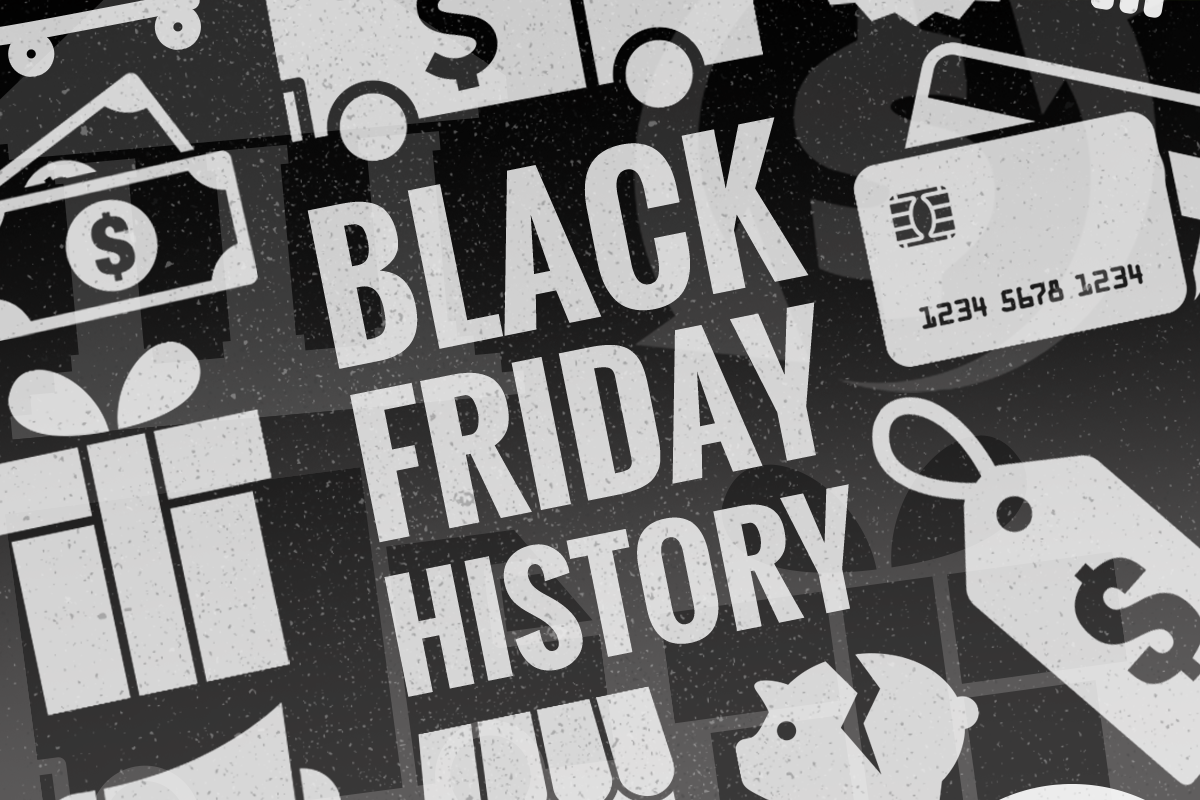
The name “Big Friday” didn’t catch on, but people kept trying to find good things about the day. Most people today think of Black Friday in terms of the extra money stores make from more sales. “Today, retailers don’t care much about where the name came from,
but they do take full advantage of its global recognition as a day (along with Cyber Monday) when they can make a big chunk of their annual sales with one-day-only and doorbuster deals,” Zyla said. The amount of money spent online during Black Friday 2019 was a record $7.2 billion, which is 14% more than the year before.
Black Friday is a great day for stores, but it has also always shown the dark side of American consumerism. Over the years, crazed crowds fighting over cheap goods have caused violence, injuries, and even 12 deaths. So, if you do decide to go shopping on one of the busiest days of the year, try to be kind to other people.
Read More: LG Display Has Come Out With Thin Speakers That Can Be Hidden Inside Cars!
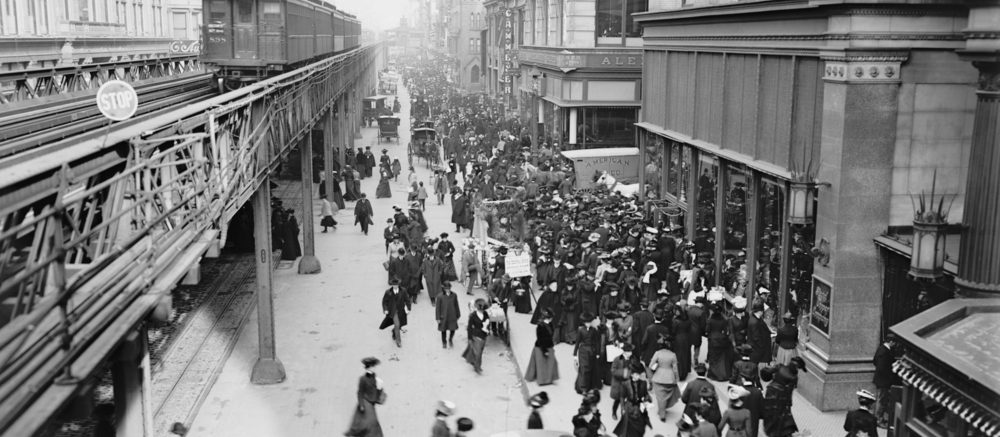
You might want to stay home and look for deals on your computer from the comfort and safety of your own home. If you do have to go out, don’t be too hard on yourself if money is tight this year. Even so, Black Friday isn’t the happy holiday that stores would like you to think it is.
